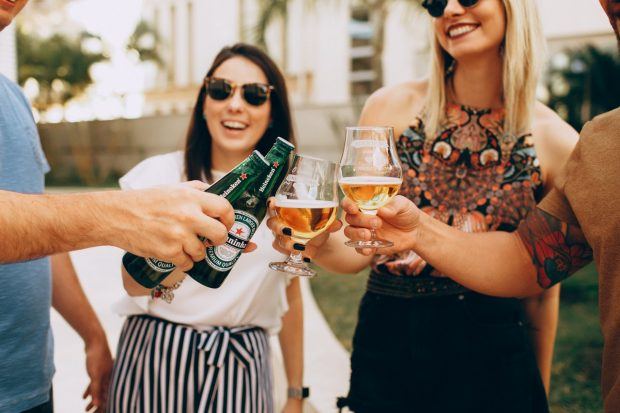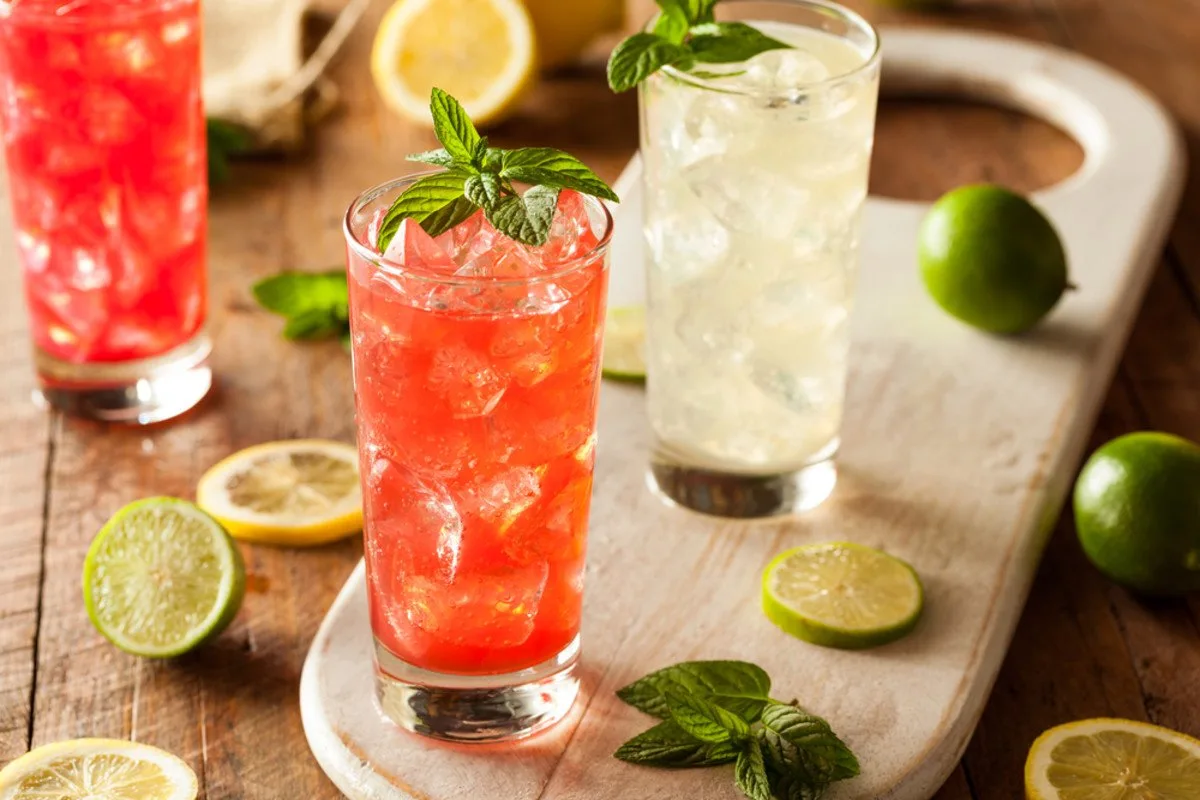How many times in a day do we really notice what we’re doing? Our daily routines can become so habitual that we go on ‘autopilot’ mode and start reacting from our unconscious pathways instead of being fully engaged. While subconscious repetition can be helpful at times, it can also keep us feeling stuck in our ways. This is especially relevant when it comes to our drinking habits.
If your drinking habits feel so deeply ingrained in your routine to the point where it feels impossible to change, you are not alone. It’s important to remember that drinking is something we do, but not who we are. Even what feels like “automatic” drinking habits can be changed. An incredibly powerful practice for overriding your subconscious instincts is actively turning mindless drinking into mindful drinking.
What is mindful drinking?
With the rise of the sober curious movement and the mindful drinking trend, you may have heard this term before. Mindful drinking is the ability to observe one’s relationship with alcohol objectively and with deliberate curiosity. It’s the process of actively being aware of the amount of alcohol you consume and your motivation for drinking. Some people use mindful drinking in order to moderate drinking, while others use mindful drinking as a stepping stone in their journey towards abstinence.
If you’re not sure what your long-term goal is yet, that’s okay. Mindful drinking is a great way to start reflecting on your relationship with alcohol and clarifying how you want alcohol to show up or not show up in your life. Growing this awareness can both illuminate your path forward, and strengthen your trust in your ability to reach your goals.
If you are going to drink be mindful
While longevity does not encourage drinking alcohol, we accept that many people all over the world include alcohol in their diet. So we spoke to brand manager for Vawter, Thato Mothibeli about how what companies who market alcohol can do to help people can make better choices if they are going to drink.
“It’s all about education. Once we’re able to educate consumers, patrons, or beer drinkers about the fact that you’re able to have fun, and be responsible in your consumption, by opting for drinks that are not loaded with calories and alcohol. Now for us, that is mindful drinking.”
Beverage alternative
“We’ve seen and studied international trends. Because obviously, mindful drinking is all about changes in drinking patterns and behaviors and ultimately lifestyle because we tend to be a bit more focused on what we intake as individuals.”
So having done research on what would be a mindful beverage for us as a company, and also a mindful beverage for South African consumers with what it entails. With the brand that I am leading Vawter, it’s currently low in alcohol beverage and alcohol ABV and also low in sugar.”
Responsible Drinking
Here are some guidelines for drinking alcohol responsibly, as long as you do not have a drinking problem.

Photo by Helena Lopes from Pexels
Healthy men up to age 65 should limit themselves to:
- No more than 4 drinks in 1 day
- No more than 14 drinks a week
Healthy women up to age 65 should limit themselves to:
- No more than 3 drinks in 1 day
- No more than 7 drinks in a week
Healthy women of all ages and healthy men over age 65 should limit themselves to:
- No more than 3 drinks in 1 day
- No more than 7 drinks in a week
What happens when you drink on an empty stomach?
Alcohol is most quickly absorbed by the small intestine. The longer alcohol stays in the stomach, the slower it is absorbed and the slower it affects the body.
Food prevents alcohol from passing quickly into your small intestine. When there is food in your stomach before drinking, alcohol is absorbed more slowly.
When you drink on an empty stomach, much of the alcohol you drink passes quickly from the stomach into the small intestine, where most of it is absorbed into the bloodstream.
This intensifies all the side effects of drinking, such as your ability to think and coordinate your body movements.
Light to moderate drinking on an empty stomach may not be a major cause for concern. But drinking large amounts of alcohol fast on an empty stomach can be very dangerous.
“Before any consumption with any drink. Make sure you have eaten. Make sure your eating pattern is not disrupted because also you don’t want to see yourself consuming other beverages only to find out they don’t sit well with you tomorrow.”
Watch The Video
The video interview contains the full dialogue of this interview, and you can watch it below.
View this post on Instagram



![women [longevity live]](https://longevitylive.com/wp-content/uploads/2020/01/photo-of-women-walking-down-the-street-1116984-100x100.jpg)










